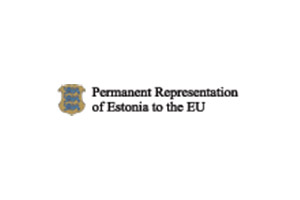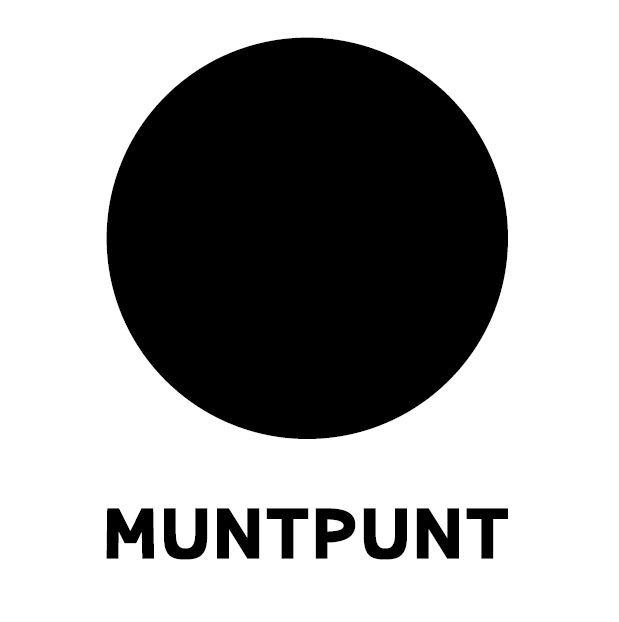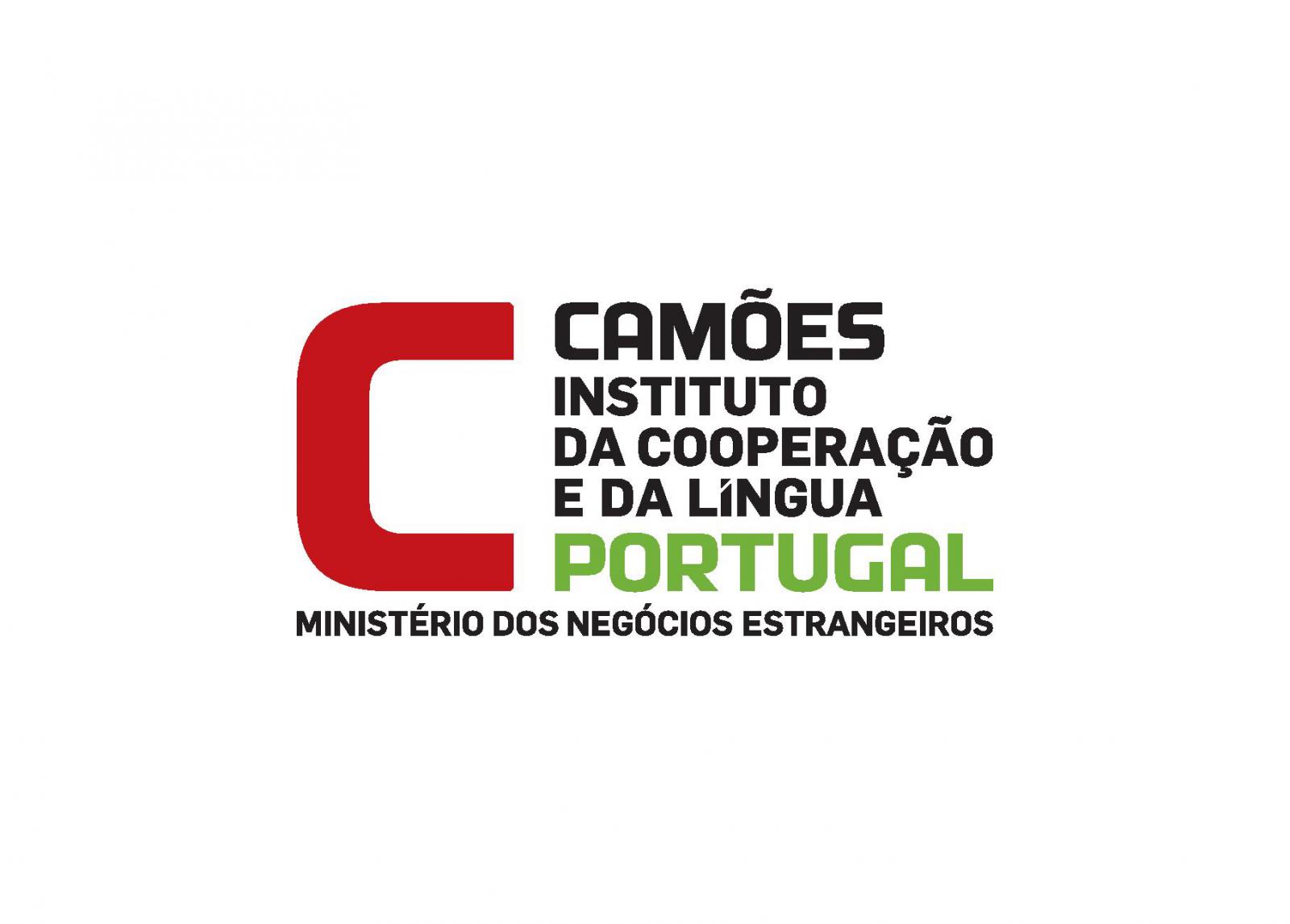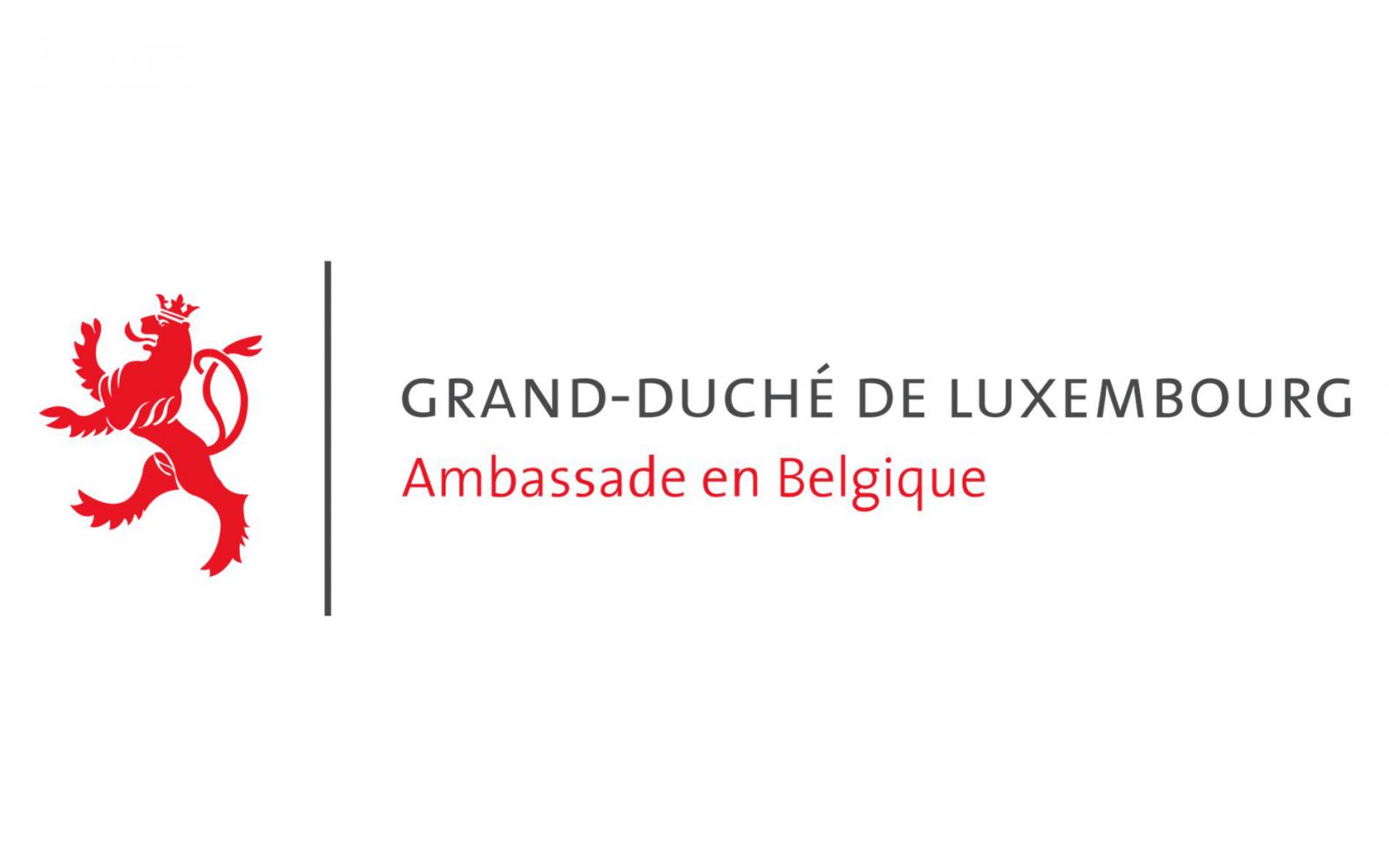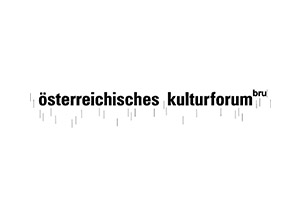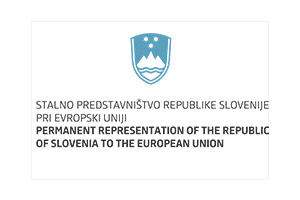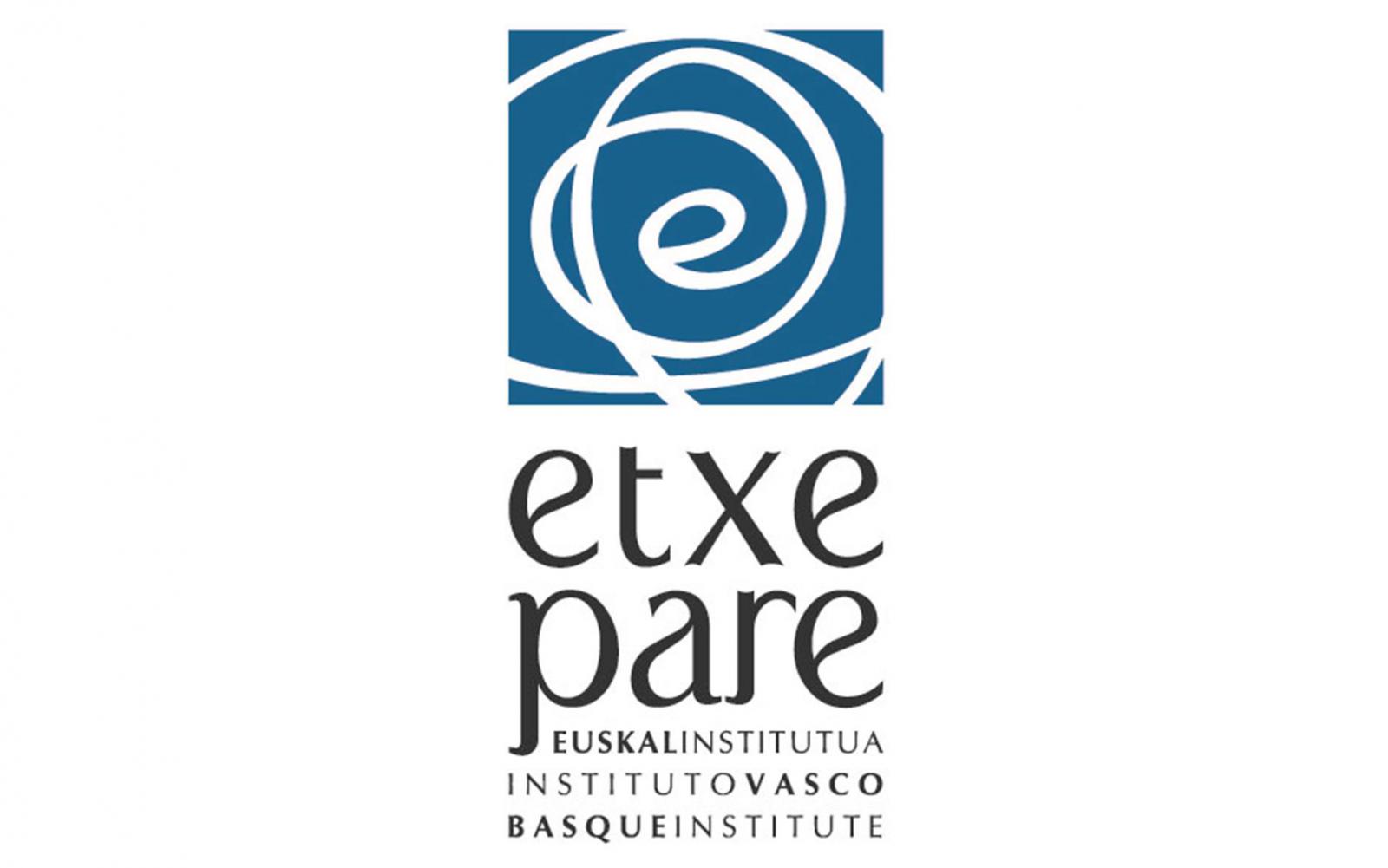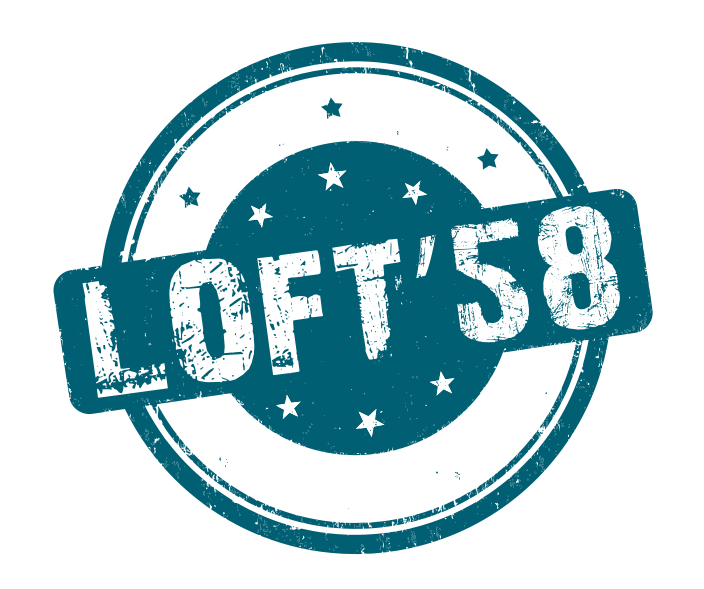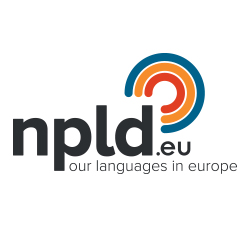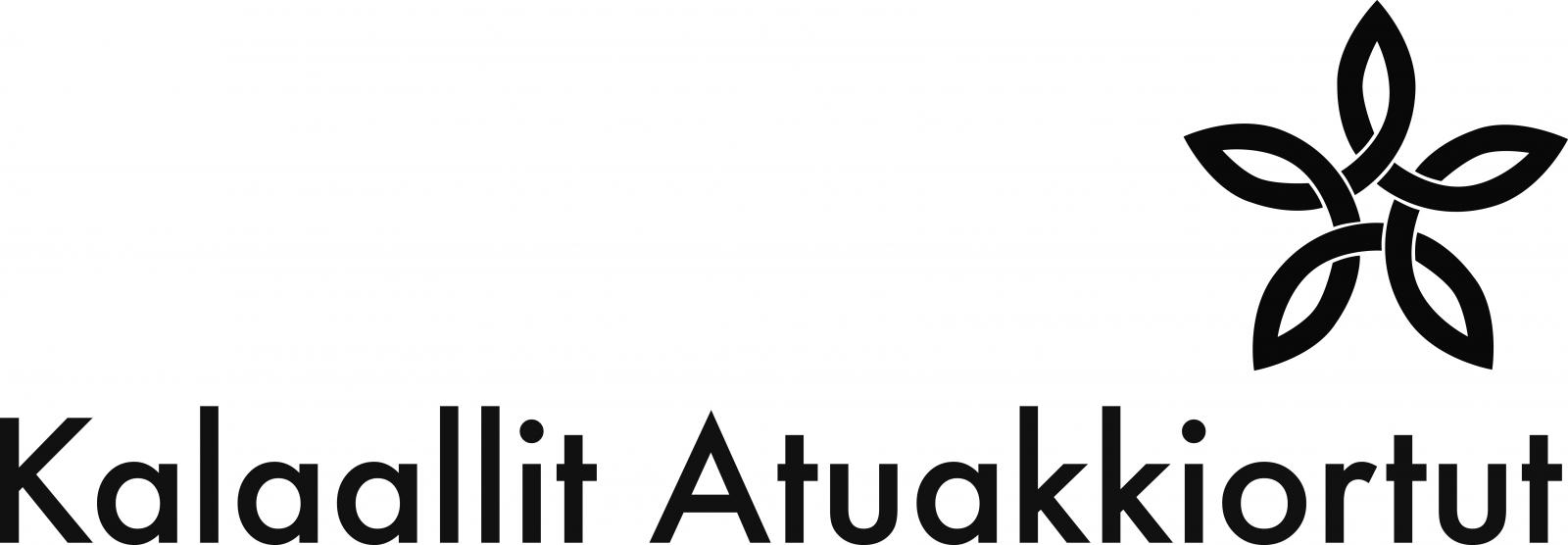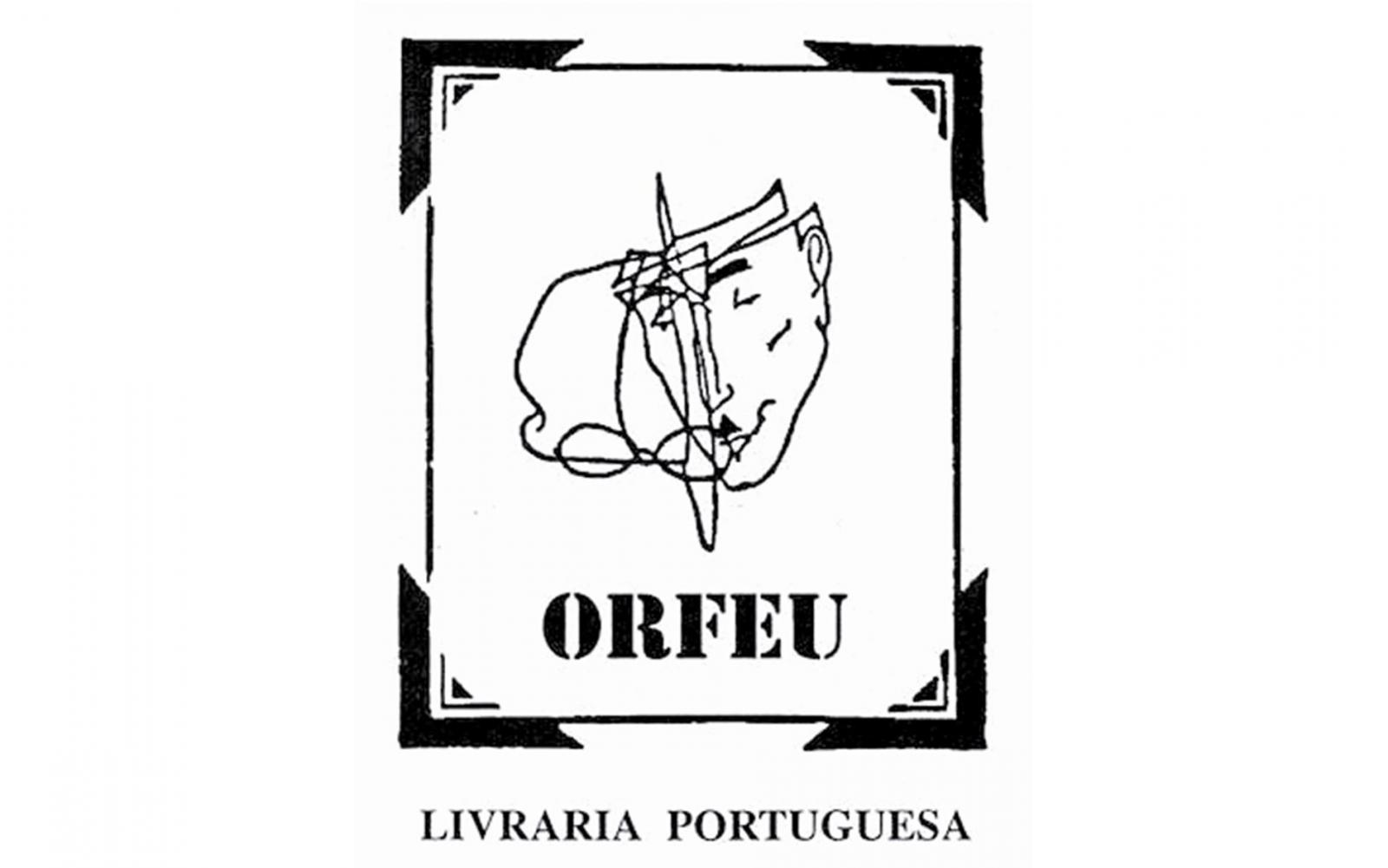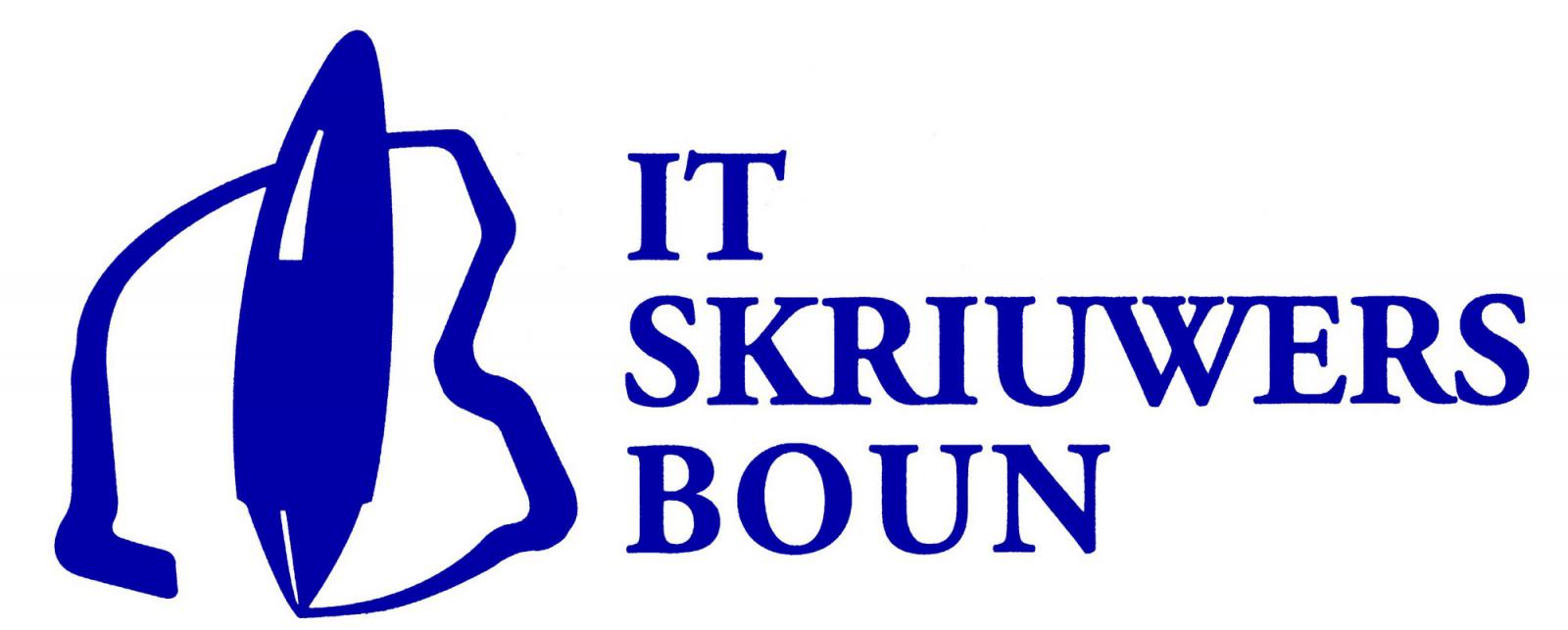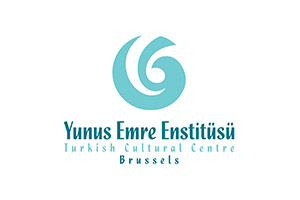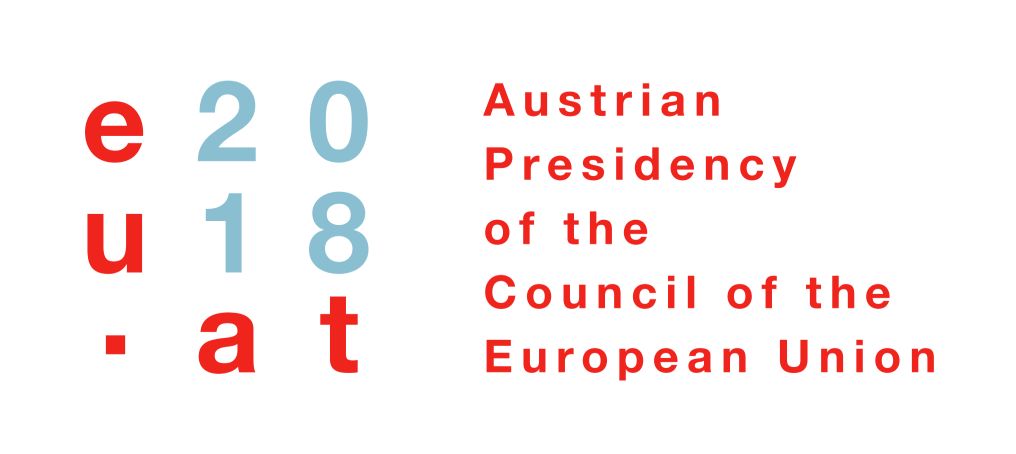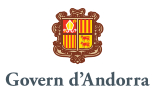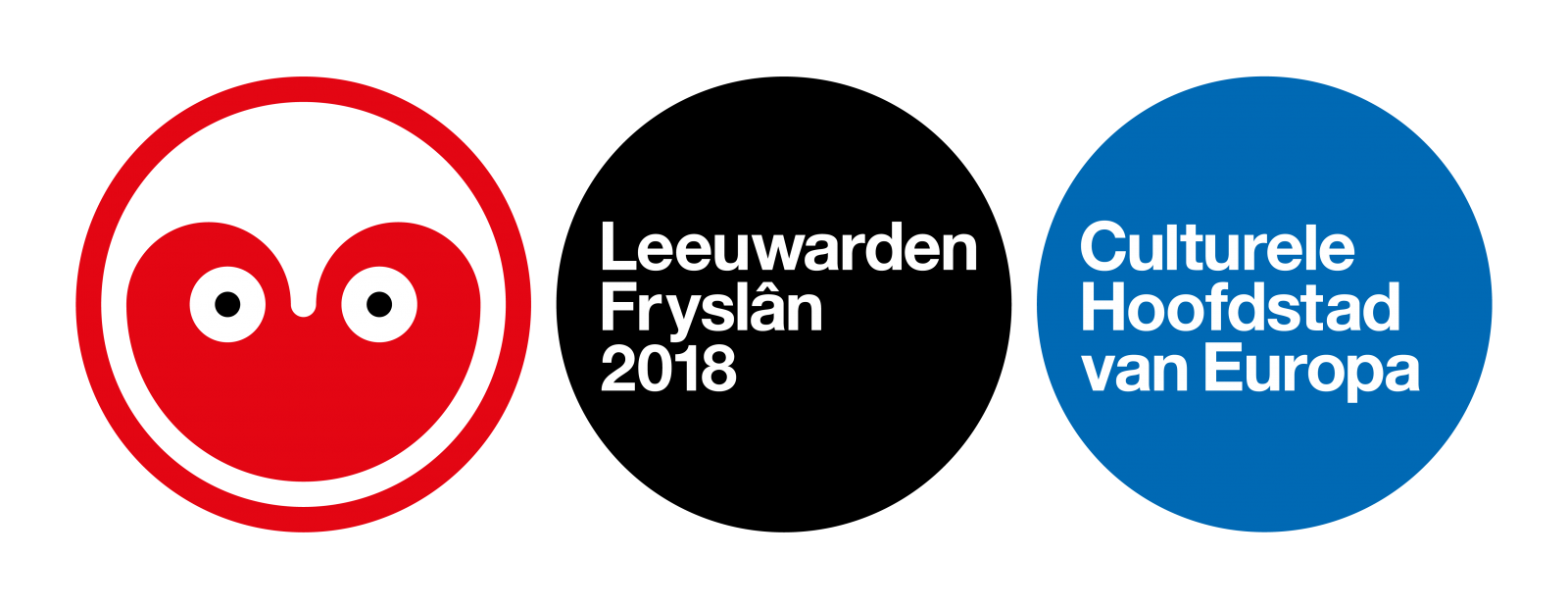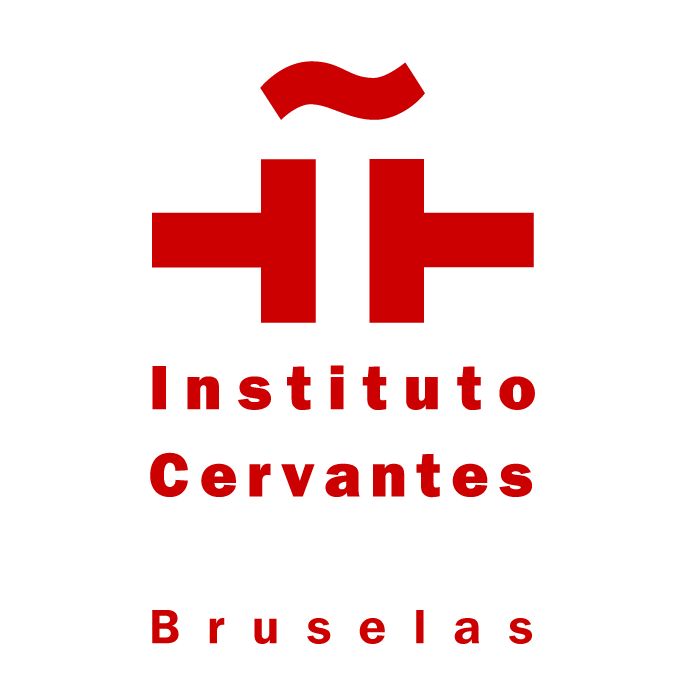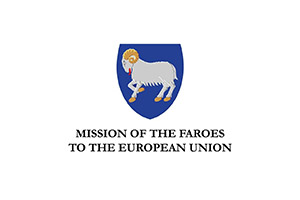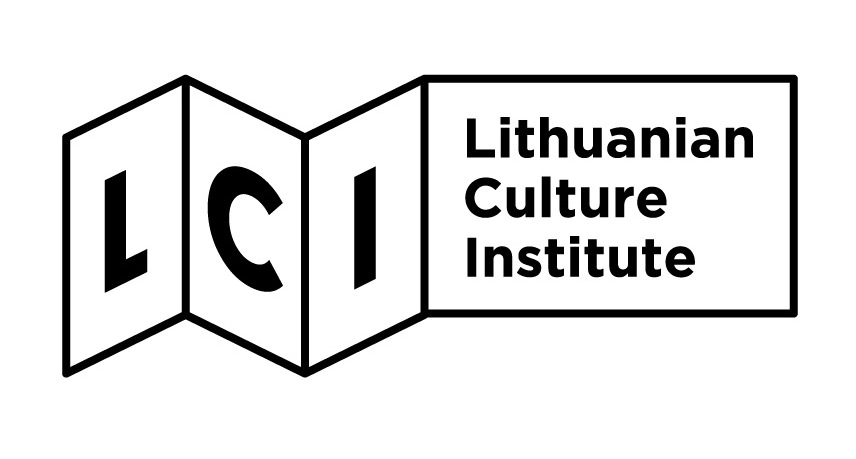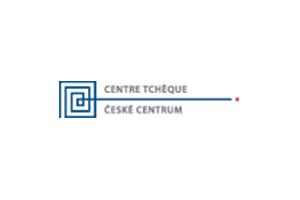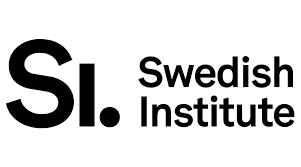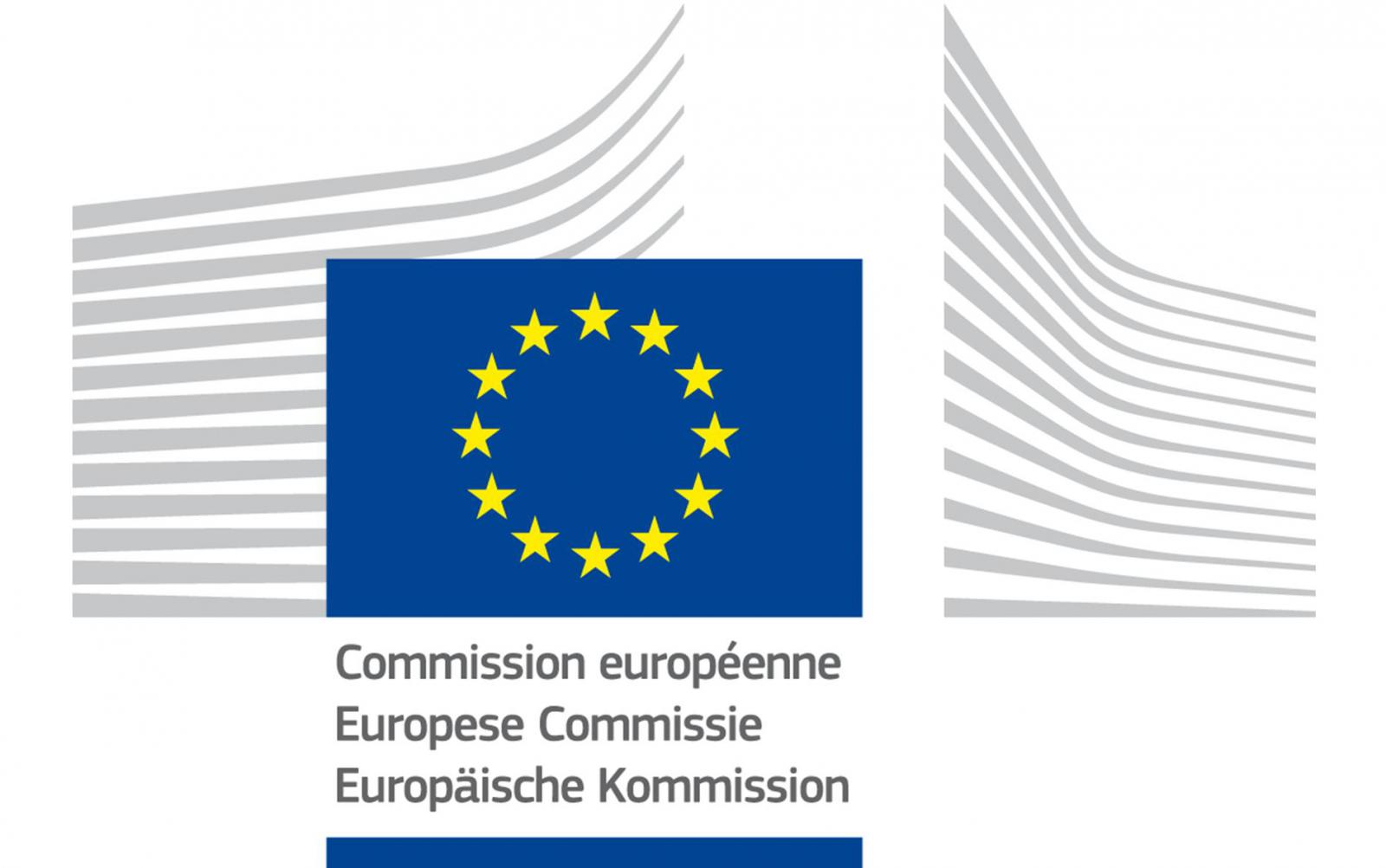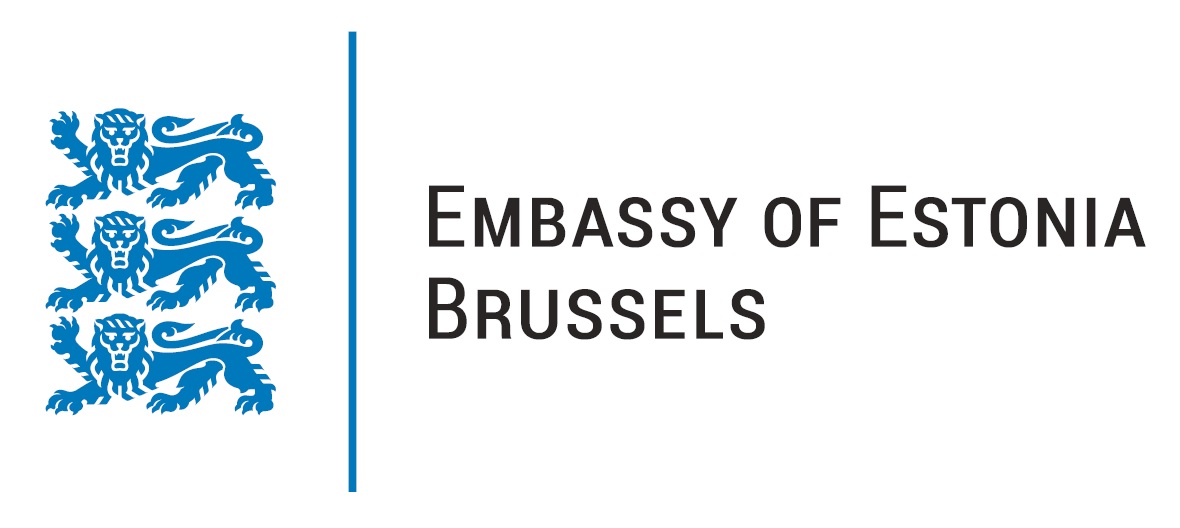Find a poem
Latest updates
-
TRANSPOESIE 2025
09/24/2025 -
Transpoesie 2025 - Programme
09/24/2025 -
Transpoesie 2025 - Open Call
04/16/2025
Soldat: Romantiline keelekäsitus
Soldat: Romantiline keelekäsitus
Igal aastal surevat paarkümmend keelt.
Meie oma elab meid kõiki siin üle,
kukume vananedes keelekehal
küljest nagu surnud rakud.
Aga kui keel viimaks kokku kuivab:
teame küll, et enamasti on viimane rakk,
paki viimane kaart eit või ätt,
ent kas poleks uhke mõelda,
keeldearmunuil kokku leppida,
et viimane kõneleja on kaunis, nõtke
noormees, lõhnastatud, valge žabooga,
mis saab kirkalt veriseks?
Soldier: A romantic approach to language
Every year, they say, more than twenty languages die.
Still, our Finno-Ugric will survive us,
we’ll drop away from the body
of Language like dead cells.
But when our language finally dries up –
we know that usually the last cell
is a solitary old woman or man –
still, what if the lovers of language decide
that the last native speaker will be
a handsome, nimble, sleek-scented youth
in a white shirt with a ruff
which will dazzle bright with blood?
Translation : Maarja Kangro & Richard Berengarten
Le Soldat : Vision romantique de la langue
On dit que chaque année meurent une vingtaine de langues.
La nôtre, ici, vivra plus longtemps que nous tous :
en vieillissant nous nous détacherons du corps de la langue,
nous tomberons comme des cellules mortes.
Quand une langue finit par se dessécher,
nous savons bien que la dernière cellule, la dernière carte du paquet
est généralement un vieux ou une vieille.
Mais ne serait-il pas beau de se dire,
les amoureux de la langue ne pourraient-ils pas décider
que le dernier locuteur sera
un beau et gracieux jeune homme parfumé, avec un jabot blanc
qui se couvrira d’un sang brillant ?
Traduiction : Antoine Chalvin
Soldaat: Een romantische taalopvatting
Elk jaar sterven er tientallen talen.
De onze zal ons allemaal wel overleven,
we worden ouder en vallen als
dode cellen uit ons taallichaam.
Maar als de taal eenmaal opdroogt -
de laatste cel, de laatste kaart van het spel,
is natuurlijk meestal een hoogbejaarde -
maar zou het dan geen tof idee zijn
als de taalliefhebbers zouden afspreken
dat de laatste spreker een knappe, zwierige
jongeman zal zijn, geparfumeerd, met een witte jabot
dat vol felrode bloedspetters komt te zitten?
Vertaling : Frans van Nes

.jpg)

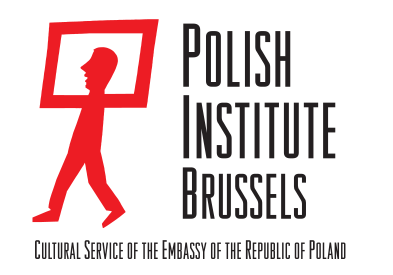
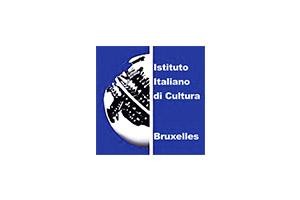

/RO - on the website.png)
